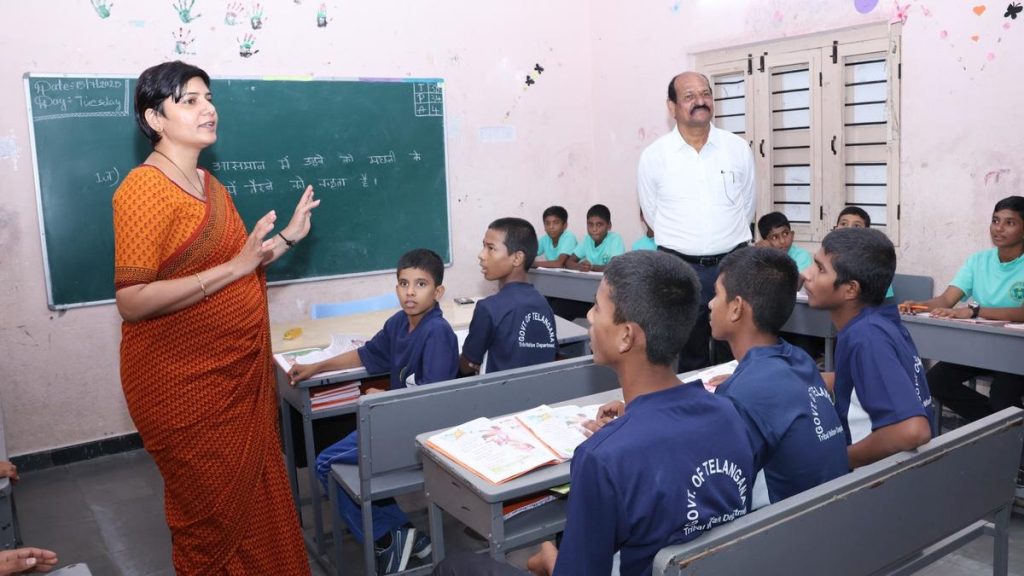Now Reading: Exercise and Mental Health: Why Your Motivation Matters Most
-
01
Exercise and Mental Health: Why Your Motivation Matters Most
Exercise and Mental Health: Why Your Motivation Matters Most

Quick Summary
- A University of Georgia study found that the context and circumstances surrounding exercise strongly influence its impact on mental health.
- Historically, research has focused on the “dose” or intensity of physical activity, while neglecting factors like habitat, interpersonal dynamics, and emotional experiences tied to exercise.
- Leisure-time physical activities (e.g., running or yoga) show correlation with better mental health outcomes compared to activities like household chores or strenuous work-related physical labor.
- Randomized controlled trials indicate regular exercise benefits individuals with mental health disorders but highlight limitations due to small sample sizes and short-term durations.
- Contextual factors such as social settings, weather conditions, time of day, and instructor styles substantially affect how exercise impacts overall mental well-being.
- Researchers stress the need for larger-scale studies focusing on contextual influences to deepen understanding of how exercise can effectively support mental health.
Indian Opinion Analysis
The study highlights a crucial shift in evaluating the relationship between physical activity and mental health-moving beyond customary metrics such as dose or intensity towards examining external contextual factors like social setting or emotional experiences. For India-a country grappling with rising prevalence in stress-related disorders amidst urbanization-this holistic perspective could inspire a more tailored approach to promoting community wellness through fitness programs.
Notably, India’s diverse environments-from high-pressure urban lifestyles to culturally rooted group exercises like yoga-provide fertile ground for further exploration into how context may shape individual outcomes from physical activity initiatives. Bolstered by larger-scale studies suggested by researchers internationally addressing population diversity similarities-it could assist impactful shifts amplifying fitness becoming pro-wellness accessible broadly societal implementations inclusive equitable attention rural versus metro-class opportunities alike!



























